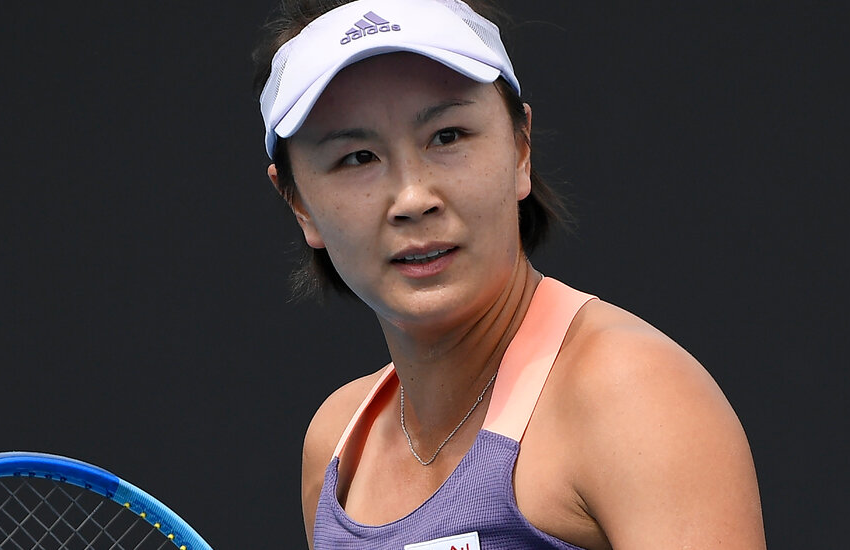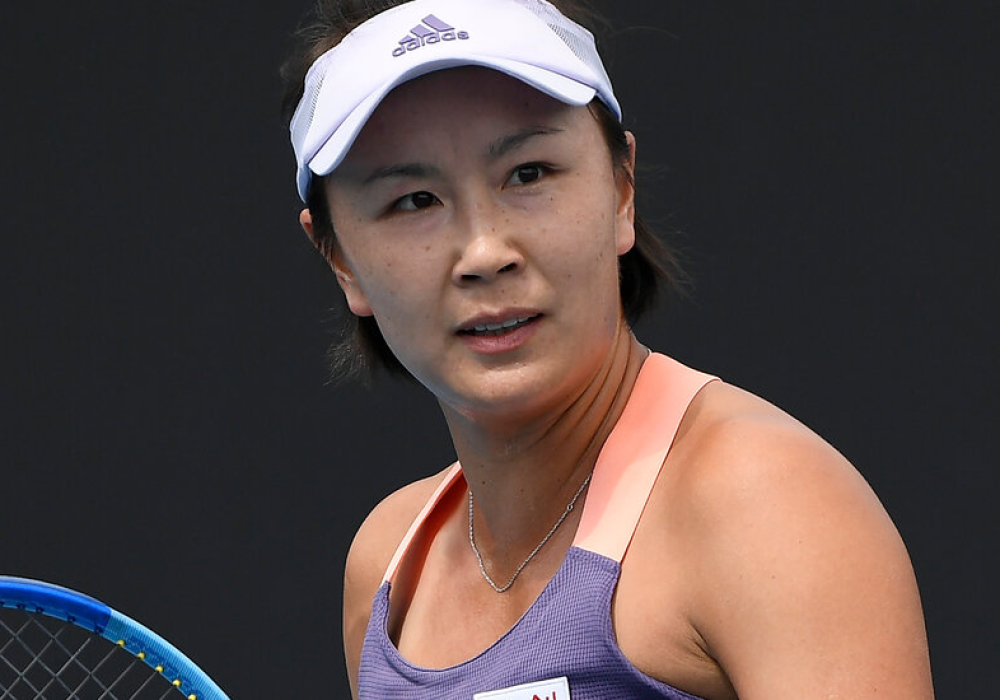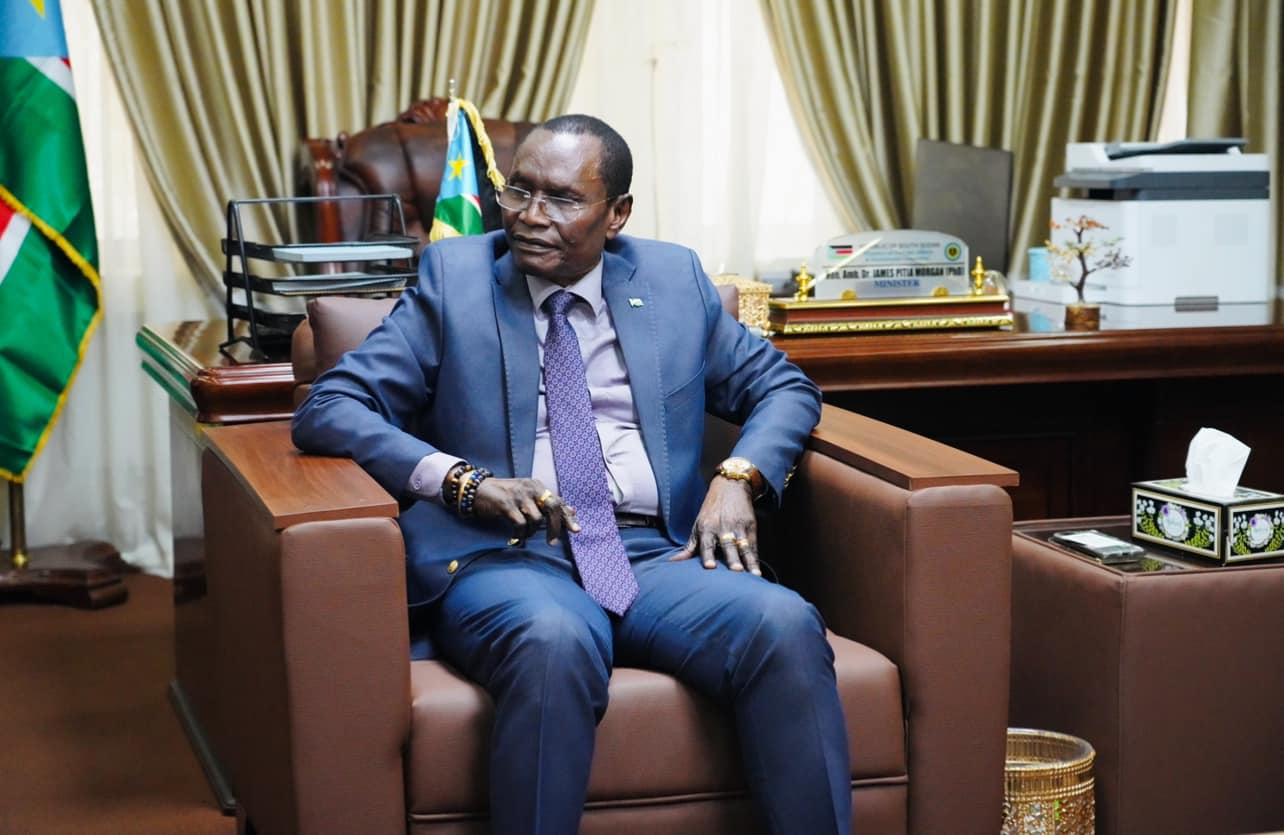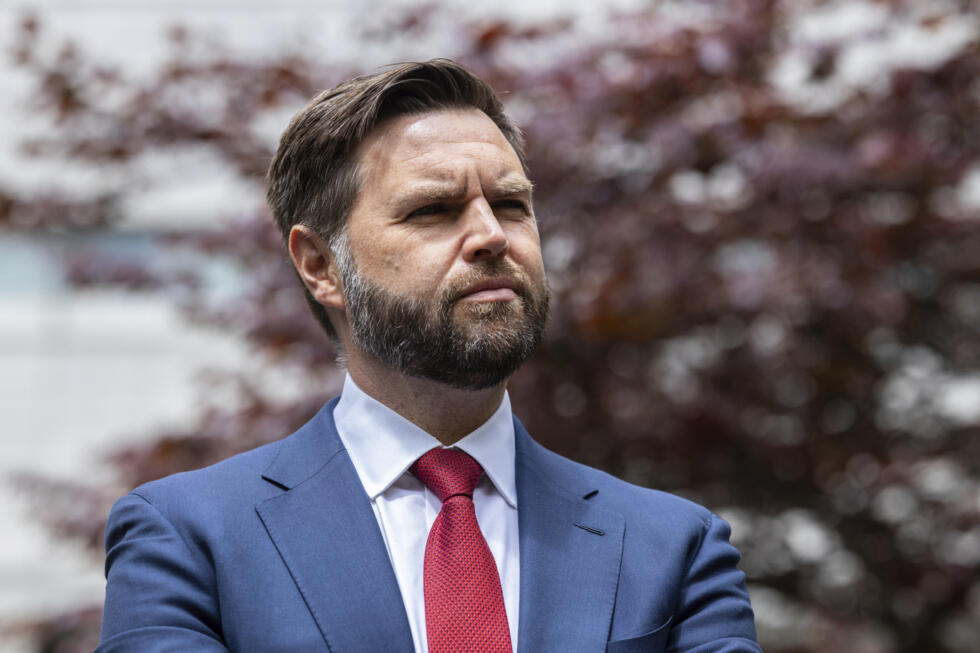But Chinese television did not broadcast the women’s tournaments in 2022 that were played ahead of the Open despite owning the rights. It is unclear whether this constitutes a boycott. In 2019, CCTV stopped airing N.B.A. games after Daryl Morey, the general manager of the Houston Rockets at the time, expressed support for pro-democracy protesters in Hong Kong.
No events for the WTA or ATP, the professional men’s tennis tour, have been held in China since early 2020 because of the coronavirus pandemic, which had shut down international sports events in the country before the upcoming Olympics. The WTA had made China one of the pillars of its tour and agreed to a lucrative 10-year deal to stage its year-end championships, the WTA Finals, in Shenzhen. But the event, first held there in 2019, was moved to Guadalajara, Mexico, last year because of the pandemic with just eight weeks to prepare.
The WTA would need to lift the suspension on Chinese tournaments if they were to take place this year. The China swing is scheduled for September, October and November. The WTA has not given a deadline but wants to finalize its fall schedule much earlier than it did in 2021. With China unlikely to launch a formal investigation into Peng’s allegations of sexual assault, cancellation of this year’s China swing appears likely, although Simon has said that this would not necessarily end the tour’s commitment to Chinese tournaments in 2023 and beyond.
The ATP has made statements of support for Peng but has not suspended any events as a result of her situation. Pegula said she was disappointed the ATP had not done more. “I just think it was the right thing to do,” she said. “I wish they would have, and I guess they still could. We’ll see.”
Reilly Opelka, one of the leading American male players, called the ATP’s hands-off approach “lame” and “weak.”
“We rely so much less on China than the WTA does and look at that statement,” he said. “And that digs into a deeper problem: Why didn’t enough ATP players speak out? Is it conflicts of interest? It’s hard to say.”
Interest in tennis in China boomed after Li Na became the country’s first Grand Slam singles champion, winning the 2011 French Open and 2014 Australian Open. Though no Chinese player has matched those results, promising talents are on the rise, including Wang Xinyu, a tall and powerful 20-year-old who pushed the No. 2-seeded Aryna Sabalenka to three sets in the second round of the Australian Open last week.






